Chinese scientists have developed an artificial intelligence chemist that can synthesize a catalyst to electrolyze water and efficiently produce oxygen using substances found in Martian meteorites.
The development, described in the academic journal Nature Synthesis on Monday, is a potential step toward human colonization of Mars.
It has long been suspected that Mars has abundant water in the form of gas, liquid, or ice. Scientific observations and studies in recent years have confirmed this suspicion. Water on Mars could be a source of oxygen and drinking water for future human colonists.
Electrolysis of water, which produces hydrogen and oxygen, is a potential method for acquiring oxygen on Mars. However, while electricity for the reaction could come from solar panels, a catalyst is also needed. Transporting a catalyst from Earth would be costly.
The robotic chemist, dubbed an "artificial intelligence chemist" by the team, resembles an arm with several joints. It was tasked with developing a suitable catalyst using materials available in the envisioned Martian environment, represented by Martian meteorites as well as ores picked on Earth but mimicked the Martian surface.
A small proportion of meteorites are believed to have originated from Mars. Scientists believe that these meteorites were captured by Earth after impacts on the Martian surface sent them into the air so fast that they escaped Martian gravity.
According to the researchers, based on the chemical composition of Martian meteorites, there could be nearly 3.8 million formulas for a suitable catalyst. Validating these formulas would take human scientists more than 2,000 years.
"The AI chemist studied more than 50,000 essays on chemistry, designed a basic catalyst formula, and adjusted the formula based on the results of experiments it conducted," said Jiang Jun, a professor at the University of Science and Technology of China (USTC). The robot took six weeks to generate the optimal formula.
"The entire process, including Martian ore pretreatment, catalyst synthesis, characterization, testing, and, most importantly, the search for the optimal catalyst formula, is performed without human intervention," the team said in the paper.
The established protocol and system are generic and adaptive, and are expected to advance automated material discovery and synthesis of chemicals for the occupation and exploration of extraterrestrial planets, the team said.
The experiment proved that AI can develop new materials on its own, and could contribute to building the research base and growing food away from Earth, and using Martian materials to develop more chemicals to explore even deeper in the solar system, said Luo Yi, a researcher at USTC.














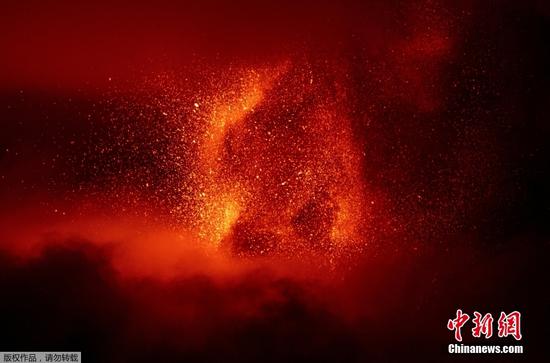






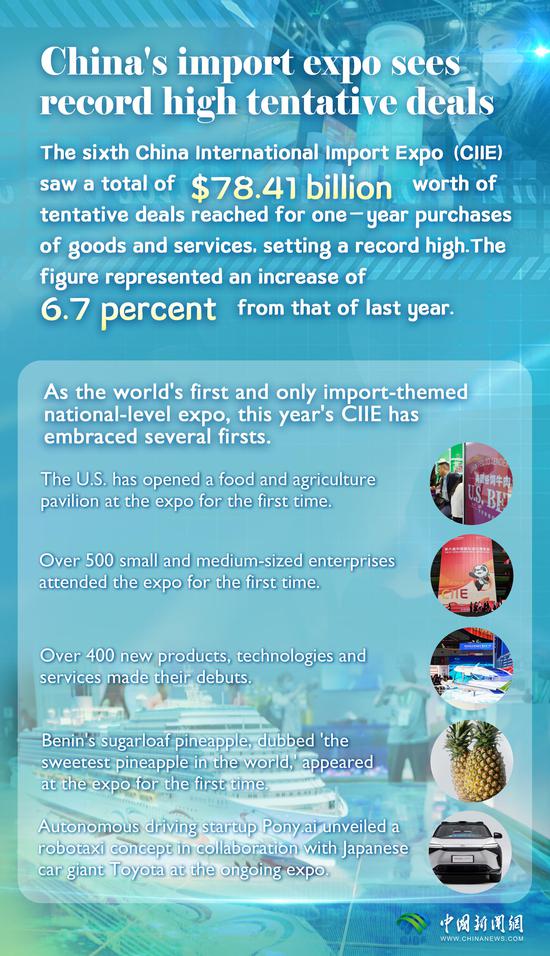

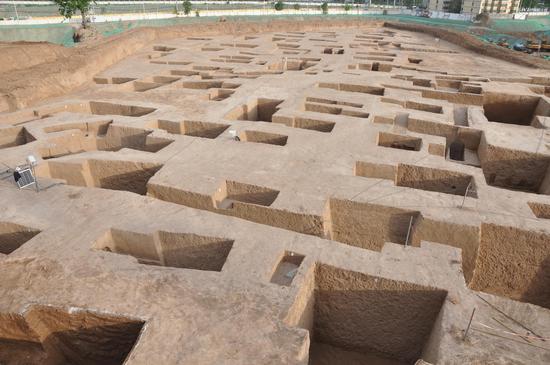
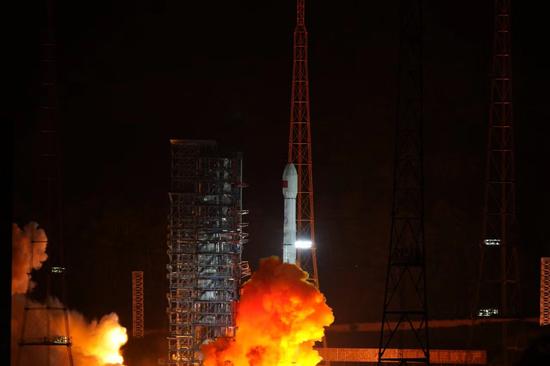






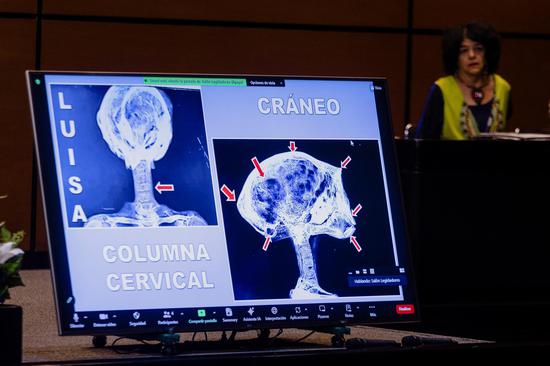





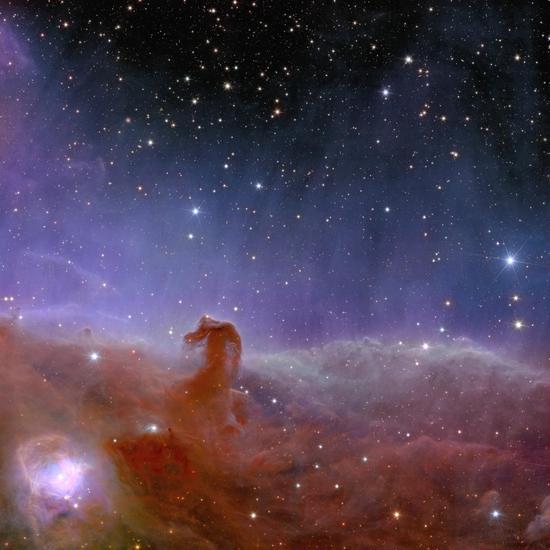

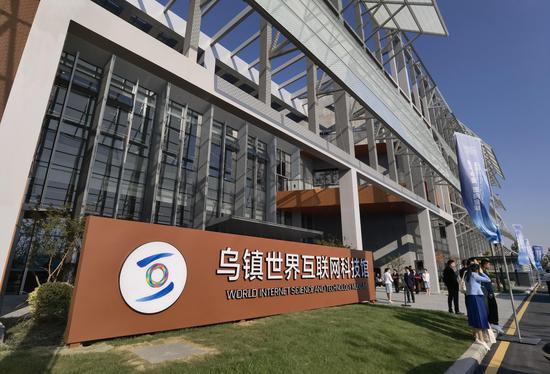

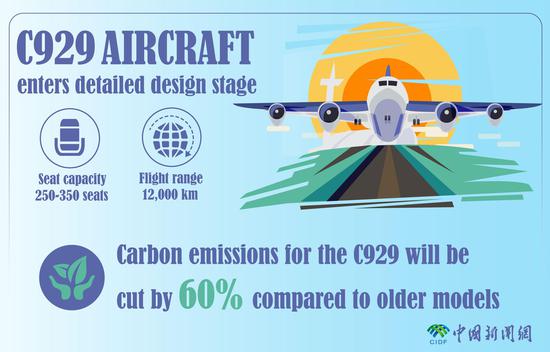
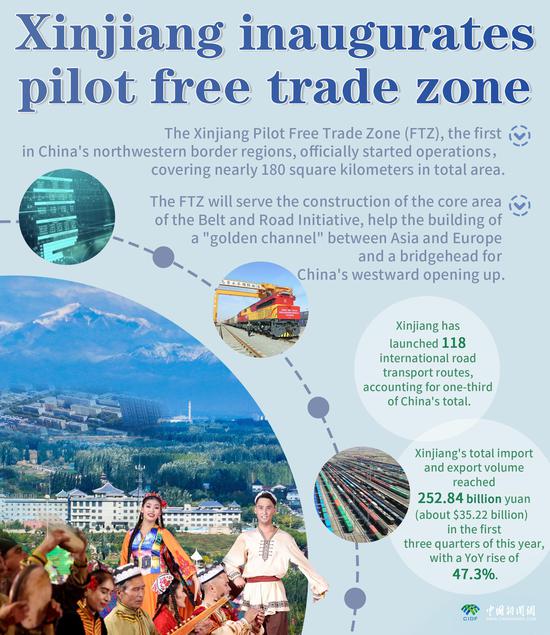







 京公网安备 11010202009201号
京公网安备 11010202009201号